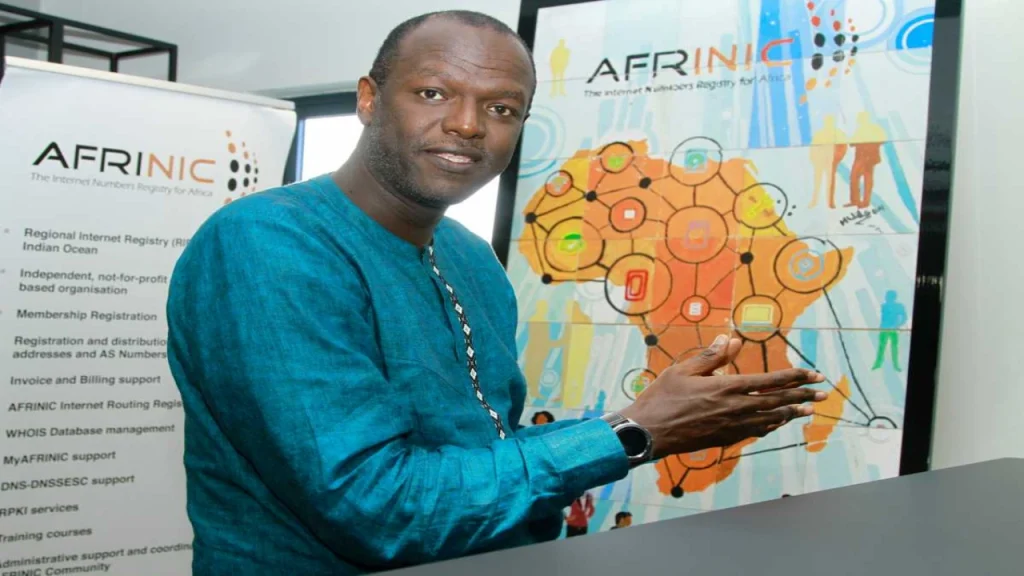- Eddy Kayihura was suspended by the Mauritius court after contempt findings and illegal lobbying
- His tenure saw governance collapse, court defiance, and attempted interference in regional leadership
Rise to leadership amid IP heist aftermath
Eddy Kayihura became CEO of AFRINIC in late 2019, appointed to address a major scandal involving the misappropriation of over 4 million IPv4 addresses—a crisis that triggered police complaints and raised serious concerns about the organisation’s oversight. Kayihura launched internal audits and collaborated with APNIC to recover the stolen address blocks, aiming to signal a return to transparency.
However, his leadership soon came under scrutiny. In 2022, he requested diplomatic immunity for himself and AFRINIC from the Mauritian government, an appeal swiftly rejected by the Ministry of Foreign Affairs as having no legal basis. Observers labeled the move a clear attempt to shield AFRINIC’s leadership from legal accountability at a critical time.
Also read: Cloud Innovation supports ICANN’s move to derecognise AFRINIC, calls for successor to be immediately identified
Also read: ICANN’s quiet power grab: ICP-2 compliance document raises alarms amid AFRINIC crisis
Contempt of court and efforts to bypass governance
In mid-2022, the Supreme Court of Mauritius issued an interim order suspending Kayihura from his roles as CEO and ex-officio director amid a disputed board election and quorum crisis. Defying the court, he remained in office and faced multiple contempt orders as a result.
Confidential correspondence later emerged revealing that Kayihura had asked the African Telecommunications Union (ATU) to intervene and appoint directors, effectively bypassing AFRINIC’s member election process. This attempt to use external bodies to engineer leadership change raised alarm among governance advocates, challenging the registry’s bottom-up governance principles.
Governance collapse under dubious stewardship
Kayihura’s defiance precipitated AFRINIC’s institutional collapse. With no legitimate board and a CEO facing court sanctions, the registry spiraled into disarray. In late 2022, the Supreme Court appointed a receiver to manage operations and organise new elections.
The fallout was swift: IP allocation delays hindered ISPs and cloud initiatives, registry services faltered, and member trust evaporated. AFRINIC’s mission to support Africa’s digital growth was derailed by lawsuits, political interference, and executive overreach.
Also read: ICANN is backtracking on its own threats to derecognize AFRINIC
Also read: From regional registry to receivership: What AFRINIC’s collapse means for Africa’s internet development
A cautionary tale for African internet governance
Eddy Kayihura’s scandal-ridden leadership offers a stark lesson in governance failure. His disregard for court rulings, pursuit of immunity, and push for external appointments revealed an alarming concentration of power and a disregard for accountability. This internal collapse directly impacted AFRINIC’s ability to serve its members and manage IP resources.
Today, AFRINIC is under receivership and rebuilding. But delayed allocations still affect connectivity projects across the continent. Analysts are urging comprehensive reforms to prevent a repeat of this crisis. Kayihura’s tenure is a cautionary tale on the essential need for transparent, court-respecting, member-driven governance in Africa’s internet institutions.

